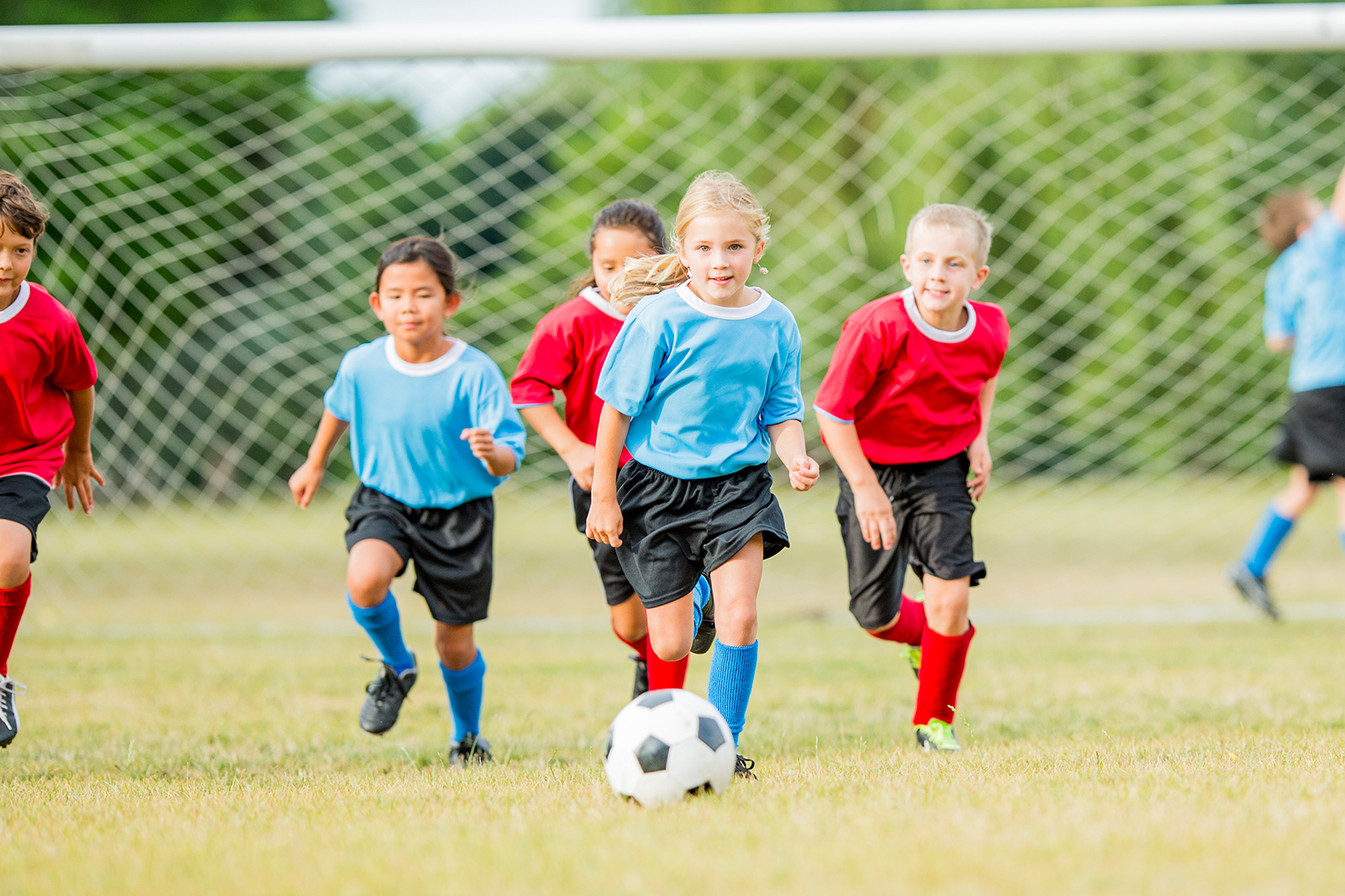Children miss out on time for play and sports since they spend most of the day at school. The primary reasons for this are that either the administration doesn’t recognize the importance of sports and other physical activity, or the schools lack the necessary infrastructure to host sporting events. Normally school breaks are typically 20 to 30 minutes long. Kids can eat lunch or play games with friends during this brief time. A gaming session exists, although it only takes place once a week. There won’t be any sports accessible for the youngsters to play even on that day. They finish their studies or test prep during that time. The importance of finishing homework and continuing your education after school is shared equally by parents and instructors. Children need a balanced schedule with time for homework, activities, and appropriate rest, but few parents and teachers are aware of this. In addition to reading, memory, and writing assignments, education also involves the development of the learner’s personality. Sports and games provide educational value for children and teenagers, which shouldn’t be discounted. Sports impact a child’s physical, emotional, and psychological development.
The Importance of Sport
Participating in sports is essential for keeping good health; as Hippocrates stated, “Sport is a preserver of health.” Let’s look at the numerous benefits that exercise and play can offer.
Sports aid in weight management, body fat reduction, and the prevention of obesity and cardiovascular diseases.
Outdoor games improve coordination, endurance, flexibility, and bone and muscular strength.
Sports help to enhance hand-eye coordination and quick feet.
It decreases the likelihood of getting wounded and hastens rehabilitation and healing.
Children who play sports have a lower risk of acquiring diabetes and arthritis than their classmates who do not exercise or play sports.
Young children’s brain development depends on sports. It has been demonstrated that a healthy body and mind go hand in hand. Sports help one to stay mentally and physically fit. According to research, children who play sports do better in their academic courses. Engaging in physical activity enhances concentration and helps with focus—this aids students in their academic endeavors. Sports players have a higher level of understanding and learning capacity than non-players. Kids that participate in sports also improve their capacity for problem-solving and their capacity for setting and achieving goals.
1. How Do Sports Aid In Character And Personality Development?
“Sports are a microcosm of human life,” a broadcaster once said. Sports are important for a child’s physical, social, and emotional growth and enhance their physical health. Children learn self-control, discipline, responsibility, sacrifice, and accountability through play. Playing sports helps kids develop social skills that help them get along with their friends, instructors, and elders. They develop a sense of sportsmanship whether they succeed or fail. The losing team thanks the victorious team by giving them a handshake and a pat on the back.
2. Exercise Reduces Stress
Playing sports can help one overcome stress, despair, and anxiety. Sport teaches you to overcome setbacks and accept failure with dignity. They learn that failure and success are inevitable aspects of life and that one should not let a setback depress them or make them give up on trying harder the next time. According to author Rita Mae Brown, “sport strips individuality away, exposing character’s white marrow. Through sports, players can discover and challenge themselves. Sports participation increases a child’s chances of finding people who share their interests and establishing new friends, which boosts their self-confidence. Sports encourage teamwork and good sportsmanship.
Children playing together as a team share and celebrate one another’s accomplishments. This positively affects a young person’s behavior and mental health. Players who are kind, team-oriented, and better at getting along with people as they mature are less likely to acquire selfishness. Middle school kids who participate in physical activity and sports report higher levels of life satisfaction and physical health than their nonparticipating peers, according to research by Dr.
Keith and Rebecca White. In a critical period of adolescent development, our study demonstrates how participating in youth sports enhances young people’s self-rated health and life satisfaction. According to Rebecca White and Dr. Keith, “Our results suggest that playing on a sports team may enhance school ties, social support, and team bonding.
3. Why Should Girls Be Encouraged to Play Sports?
Most parents discourage their daughters from participating in sports and physical exercise at school. This is mostly a result of their worry over having a dark complexion. The truth is that athletically active girls will look younger than non-active ones. You’re right, of course. Playing improves skin health, beauty, and radiance and delays aging. Girls who participate in sports are less likely to gain weight. Girls participating in sports are more attractive, energetic, physically fit, and self-assured. They are better at interacting socially with people than girls who don’t play sports or exercise. A study found that girls who participated in sports had high self-esteem and a positive body image. According to a study, exercise can help prevent female hip fractures and minimize the effects of osteoporosis. Parents shouldn’t ban their girls from participating in sports to stop them from getting dark. Girls can prevent getting burnt, tanned, or developing skin cancer by using sunscreen before going outside.

